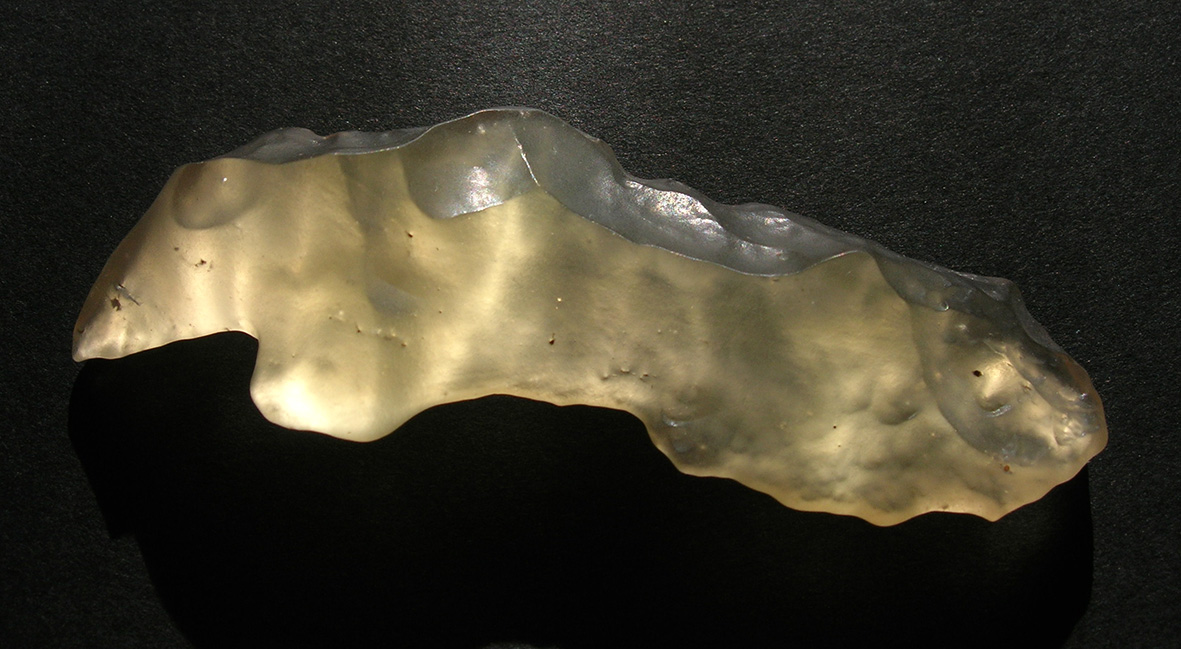Scientists solved a century-old secret of Egyptian glass found in desert

Glass found in the Egyptian desert was created by a meteorite impact rather than atmospheric airburst, say, scientists, unravelling a nearly 100-year-old mystery. The findings, published in the journal Geology, have implications for understanding the threat posed by asteroids.
Researchers from Curtin University in Australia examined tiny grains of the mineral zircon in samples of Libyan desert glass, which formed 29 million years ago and is found over several thousand square kilometres in western Egypt. Nearly pure silica, the canary yellow glass was famously used to make a scarab that is part of King Tut's Pectoral.
Lead author Aaron Cavosie, from Curtin University, said zircons in the glass preserved evidence of the former presence of a high-pressure mineral named reidite, which only forms during a meteorite impact. "It has been a topic of ongoing debate as to whether the glass formed during meteorite impact or during an airburst, which happens when asteroids called Near Earth Objects explode and deposit energy in the Earth's atmosphere," Cavosie said.
"Both meteorite impacts and airbursts can cause melting, however, only meteorite impacts create shock waves that form high-pressure minerals, so finding evidence of former reidite confirms it was created as the result of a meteorite impact," he said. Cavosie said the idea that the glass may have formed during a large atmospheric airburst gained popularity after a dramatic airburst over Russia in 2013, which caused extensive property damage and injury to humans but did not cause surface materials to melt.
"Previous models suggested that Libyan desert glass represented a large, 100-megatonnes (Mt) class airburst, but our results show this is not the case," Cavosie said. "Meteorite impacts are catastrophic events, but they are not common. "Airbursts happen more frequently, but we now know not to expect a Libyan desert glass-forming event in the near future, which is cause for some comfort," he said.
(With inputs from agencies.)
- READ MORE ON:
- Aaron Cavosie
- Egyptian
- Curtin University
- Earth
- Russia
ALSO READ
Experts Urge Lebanon to Halt Extradition of Egyptian-Turkish Activist
Ceasefire Deal Welcomed by Egyptian President
Detained Militant Unveils Syrian-Egyptian Tensions
UN Expert Calls for Action Against Arbitrary Detention and Health Violations in Egyptian Prisons
Egyptian Militant's Arrest in Syria Eases Cairo Concerns










